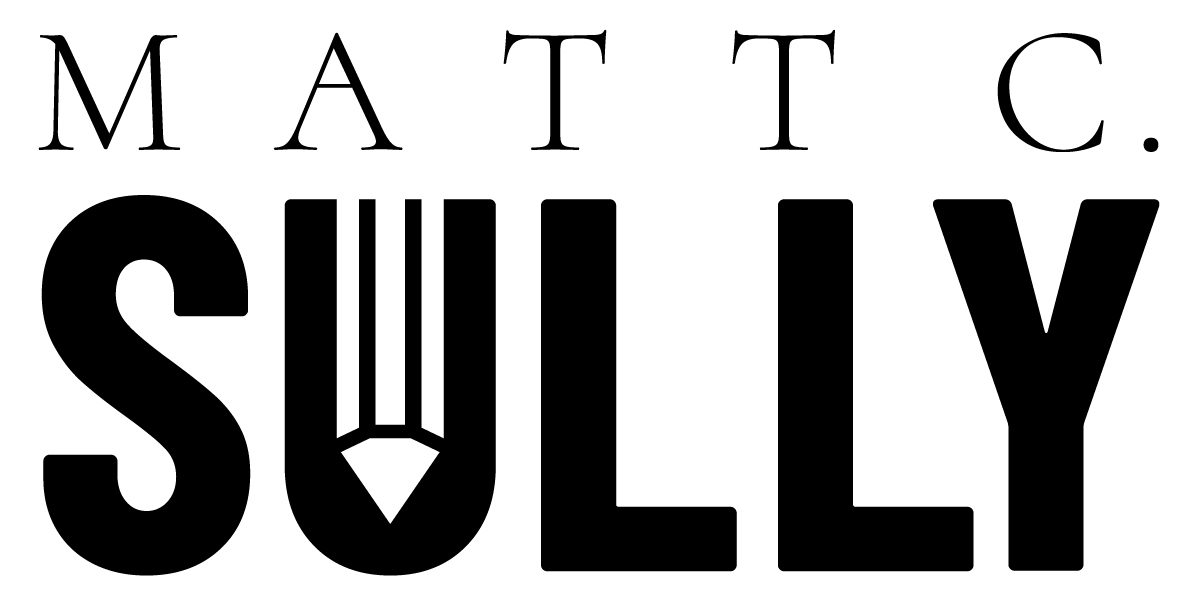
My first memory of the library was simple wonder and awe. I ran my little fingers across the low-shelved books, thumping their spines like a muted xylophone. My reading selections were random and largely influenced by cover art, which is still how many people choose their next literary adventure, but I was drawn to certain authors even then. Perhaps this is because of the genre in which they wrote, something that stood out from the general category of “Children’s Books.”
Choosing a genre is difficult, and not just because there are now dozens more than when I was a kid, each with their own dozens of subgenres. What you choose could put you in a very good position to top those particular charts or get lost in the pile. What you choose may define you as a writer, where readers may then expect all your future novels to fit that precedent. The genre you choose could be exactly what everyone is buying right now, or it could be picked up by a minority, select audience.
I would say if monetary success is your goal, (ignoring the general consensus that there is no money in writing), then you should choose what’s popular or find a niche that few are covering. I know historical fiction isn’t the hot, sexy, cash grab group compared to young adult fantasy, but I acknowledged early on that this was my first novel, implying that there would be more and that this one was about learning the process and making mistakes. The thought of spending so much time on a novel as an experimental starter book is sort of nauseating, but I have pessimistic expectations for the popularity of my first go and optimistic goals for my writing future. What I learn here will help me find success with later efforts.
I’m not suggesting to dismiss genre as an important consideration in choosing the focus of your novel. I do suggest picking the story first and then worry about where it fits later. Don’t force yourself to write with the intent of adhering to a specific genre’s criteria and boundaries either, but be aware of them and be aware of your audience. You may not know who your genre or reader is right away, but when you come back for a second draft you should have a better idea.
You might notice a scene is too adult for your young adult novel, or the characters curse a little too often. Perhaps the time travel bit in your historic novel is too unexpected, or the vampires popping in halfway through your mystery adds nothing to an already intriguing story. Be ready to mold it some, and get input from your beta readers and editor. While the industry has created subgenres like “Lab Lit” and “Nanopunk,” most readers still associate the main categories: Sci-Fi, Fantasy, Adventure, Drama, etc. Ask your beta readers what genre your book is. If they struggle to identify even a main genre, you may have a problem.
Thank you so much for reading. Please follow, subscribe, and comment.
